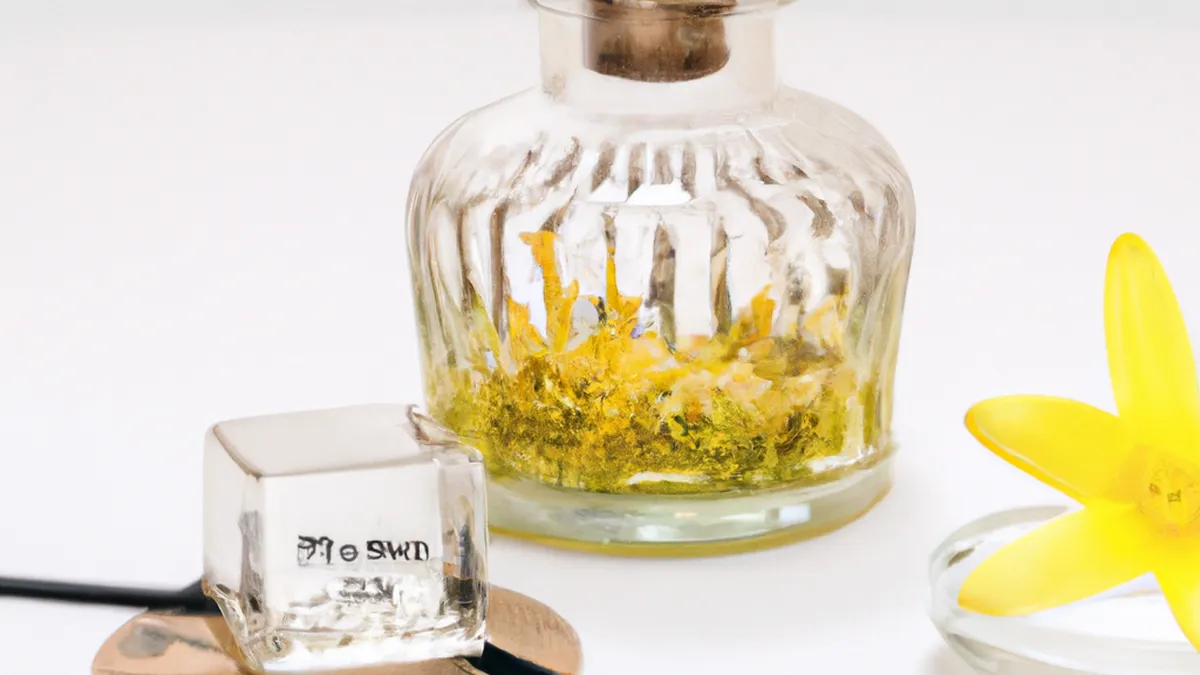Integrate Aromatherapy in Your NSDR Sessions
The Use of Aromatherapy in NSDR Sessions
Non-Sleep Deep Rest (NSDR) allows individuals to relax deeply without falling asleep. Neuroscientist Andrew Huberman popularized this technique, which combines yoga, meditation, and relaxation methods. Integrating aromatherapy into NSDR sessions significantly enhances the experience. Essential oils promote relaxation, reduce stress, and improve focus. This guide explores how to use aromatherapy in NSDR sessions and offers practical tips.
Understanding NSDR
NSDR helps individuals access deep rest while remaining awake and aware. This practice benefits those who struggle with meditation or relaxation techniques. Engaging in NSDR reduces stress, enhances mental clarity, and improves emotional well-being. Anyone can perform this practice in various settings, including home, quiet offices, or nature.
Creating a relaxing environment is crucial for successful NSDR sessions. Aromatherapy plays an essential role here. Aromatherapy uses essential oils from plants, flowers, and herbs to enhance health. Inhaling these oils stimulates the olfactory system, influencing emotions and mood. Choosing the right scents impacts your NSDR experience significantly.
The Benefits of Aromatherapy in NSDR
Enhanced Relaxation
Aromatherapy primarily enhances relaxation during NSDR sessions. Essential oils like lavender, chamomile, and frankincense have calming properties. Inhaling these scents slows down your heart rate and deepens your breath. This response signals your nervous system to shift into a calm state, making deep rest easier.
Improved Focus and Clarity
NSDR promotes relaxation while encouraging mental clarity and focus. Citrus oils like lemon, bergamot, and sweet orange invigorate and stimulate the mind. These scents help sharpen mental faculties, keeping you present during NSDR practice. Balancing calming and uplifting scents optimizes your awareness.
Stress Reduction
Aromatherapy significantly reduces stress levels during NSDR. Research shows inhaling certain essential oils lowers cortisol levels, the stress hormone. Oils like ylang-ylang and rosemary have stress-relieving properties. Incorporating these oils into NSDR sessions fosters calm and resilience.
Emotional Balance
Aromatherapy supports emotional well-being during NSDR sessions.
Conclusion
Aromatherapy enhances NSDR sessions by promoting relaxation, focus, and emotional balance. Integrate essential oils for a deeper experience.
Below are related products based on this post:
FAQ
What is NSDR, and how does it benefit individuals?
NSDR, or Non-Sleep Deep Rest, is a practice that allows individuals to achieve deep relaxation while remaining awake and aware. It benefits those who struggle with traditional meditation or relaxation techniques by reducing stress, enhancing mental clarity, and improving emotional well-being. This practice can be performed in various settings, such as at home or in nature.
How does aromatherapy enhance NSDR sessions?
Aromatherapy enhances NSDR sessions by using essential oils that promote relaxation, improve focus, and reduce stress. Scents like lavender and chamomile help calm the mind, while citrus oils such as lemon and bergamot invigorate and stimulate mental clarity. This combination creates an optimal environment for deep rest and emotional balance.
What essential oils are recommended for NSDR sessions?
Recommended essential oils for NSDR sessions include calming oils like lavender, chamomile, and frankincense for relaxation, as well as uplifting oils like lemon, bergamot, and sweet orange to enhance focus. Additionally, oils such as ylang-ylang and rosemary can be incorporated for their stress-relieving properties, fostering a sense of calm during practice.















Post Comment